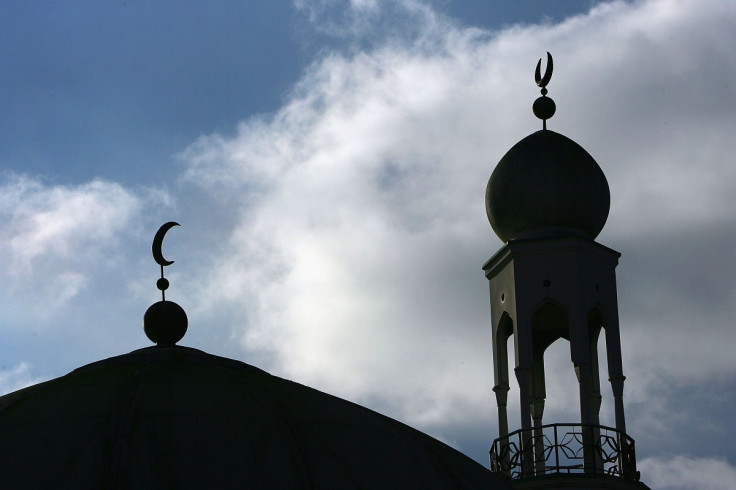Islamic New Year: What is the festival of Muharram and when is it?

The festival of Muharram has significant religious importance for Muslims, of which the first day is known as the Islamic New Year. Each year, the holiday falls on a different day because as the Islamic calendar is 11 or 12 days shorter than the solar calendar used in Western countries.
Countries follow astronomical calculations to determine future dates of the Islamic calendar, and this year the Islamic year will be 1437 AH. In 2015, that date falls on 13 October.
Muharram is one of the four holy months of Islam and unlawful acts, such as fighting and bloodshed, are forbidden. "The Muslim New Year is really celebrated as a cultural holiday, not a particularly religious one," Imam Johari Abdul-Malik, director of outreach at the Dar al-Hijrah Islamic Center in Falls Church, Virginia, told the Washington Times.
"In the Islamic calendar, it is also what began 'hijra,' " Abdul-Malik said, "the migration of the prophet and his companions to establish a place where they were free to practice their religion, and practice it with other people who would be free to practice their religion."
The holiday has different significance for both Shia and Sunni Muslims. Muharram is a solemn holiday for Shia Muslims, one they mark by mourning for the first ten days. During this time, they don black attire and participate in mourning gatherings, visiting mosques and shrines with their relatives to remember Husayn ibn Ali. Husayn ibn Ali was the grandson of the Prophet Muhammed and was martyred in 680 CE at Karbala, currently in Iraq. The tenth day is known as the Day of Ashura.
For Sunni Muslims, the tenth day recalls when Moses led the ancient Israelites out of Egypt. Some Muslims fast during the hours of daylight on specific days of Muharram to commemorate that Noah left the ark and that God saved Moses from the Egyptians.
While none of the days of Muharram are bank holidays in the UK, Muslim pupils may get permission to have a day off school to observe the Day of Ashura.
© Copyright IBTimes 2025. All rights reserved.





















